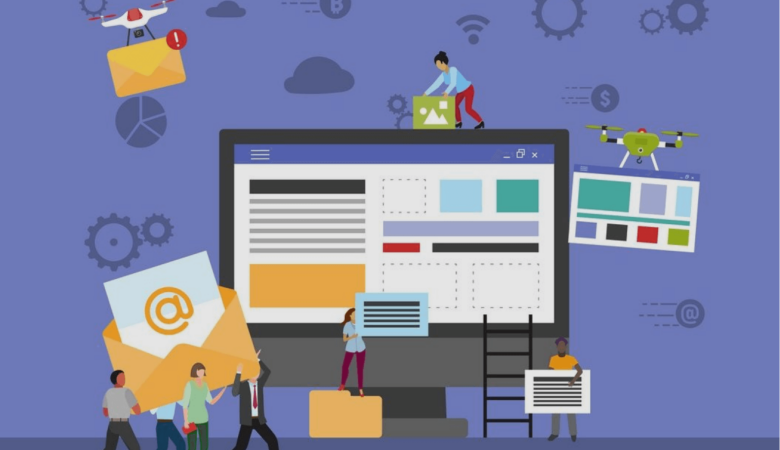The international coffee chain Starbucks will make the change to an eco-friendly packaging design that allows its customers to recycle the packaging of the products.
Starbucks makes a change
Starbucks sells about 4 billion glasses per year. Each and every one of the drinks offered by the company are distributed through these disposable containers that significantly damage the environment. Only 10% of the material that composes them is recycled, so the margin of improvement that the company seeks can be very remarkable.

Each year, an estimated 600 billion paper and plastic cups are distributed globally*, and though Starbucks cups only account for an estimated 1 percent of that total, we are invested in finding a more sustainable solution. We have made substantial progress to reduce the impact of waste generated in our stores through cup innovation and improved packaging design, advocacy for local recycling infrastructure, and offering reusable cups.
– Starbucks Headquarters
The international coffee chain, like food giants such as McDonald’s , Coca-Cola or Nestlé , has joined the investment platform for sustainable consumer goods NextGen Consortium. Through the enactment of the NextGen Cup Challenge last autumn , more than 500 participants from 50 different countries have presented innovative design proposals. After months of rigorous evaluation, the number has been reduced to 12 projects, which, in addition to being able to be selected to change the appearance of Starbucks packaging, opt for a prize of one million euros.
New packaging
These finalist projects are divided into three large groups. The first one is related to the initiatives to create a new design for the lining of the cups. One of the selected ones was from the company Footprint US, which has created new containers based on 100% recyclable fiber. The second one is the group that studies the work with new materials, a category in which only Solublue has been selected, which has created a biodegradable plant-based cup. The third and last group is the one that has created reusable containers, among which we can highlight CupClub, which aims to create cups that are returned to Starbucks after use.
Our goal: Double the recycled content, recyclability and compostability, and reusability of our cups and packaging by 2022.
Despite all the proposals and the great commitment to eco-friendly packaging , we still have to wait a few years for the change to be real and our coffees to be respectful with the environment.

Starbucks – providing global solutions since 1997
Although this is a massive leap in the production process, one that could literally change the way products are made for years to come, it’s not their first run-in with eco-friendly products.
Back in 1997, Starbucks introduced the now widely used cup sleeve. Yep, the little cardboard sleeve that goes around your cup and pretty much any coffee shop was invented first by the people at Starbucks. It may seem a little counterintuitive, but it was actually a very green solution to the impractical practice of double cupping. Back in the day, people used to just use two cups in order to absorb the heat.
And, the push to change the impact of plastic cups and lids didn’t stop there.
In 2006, Starbucks developed paper cups manufactured with 10 percent post-consumer recycled fiber, the first cup of its kind in the food packaging industry to be approved by the U.S. Food and Drug Administration in 2006. We also introduced a more recyclable cup lid in 2016 which allowed the cup to be more widely accepted.
– Starbucks HQ
What’s next?
It’s very clear that Starbucks both as one of the most well known coffee brands in the world, and a food industry powerhouse is concerned for the environment. As time goes on, I imagine that we will see lots of changes come out of Starbucks HQ, more particularly, ones that positively affect our planet.
Only time will tell if these changes will actually make a change. Starbucks and the other companies mentioned are a great start to this ever growing problem, but it will take all of us being a little more cautious with our choices to reverse the damage that we’ve already done.






Leave a Reply